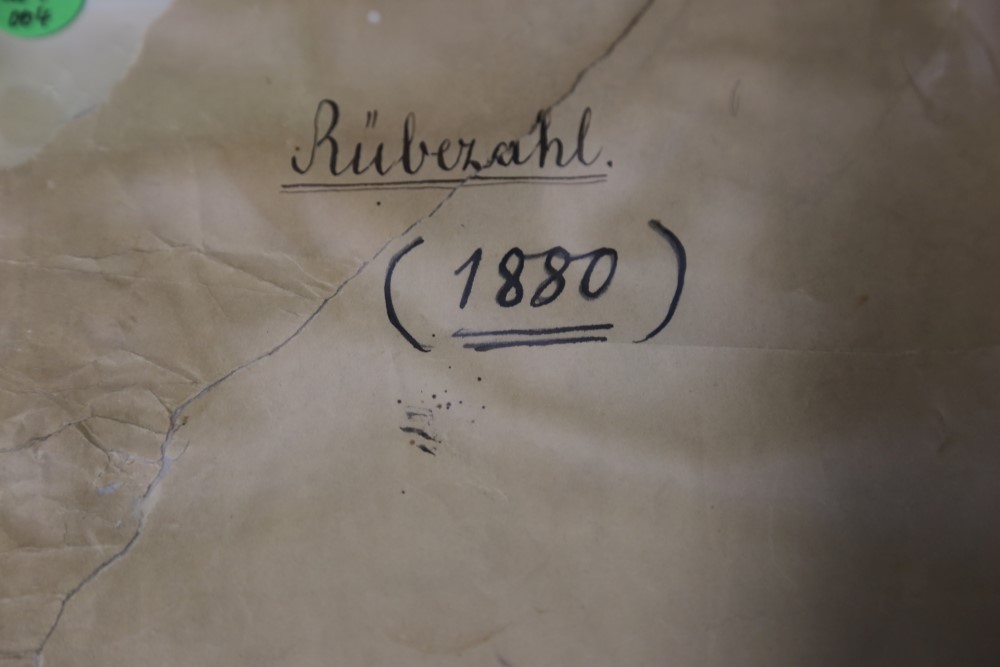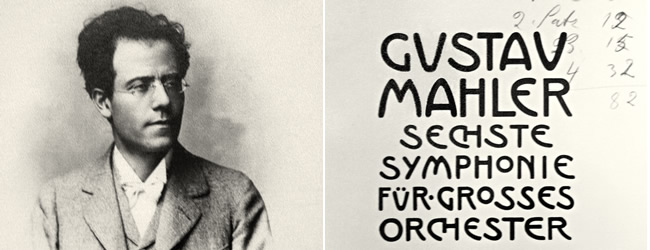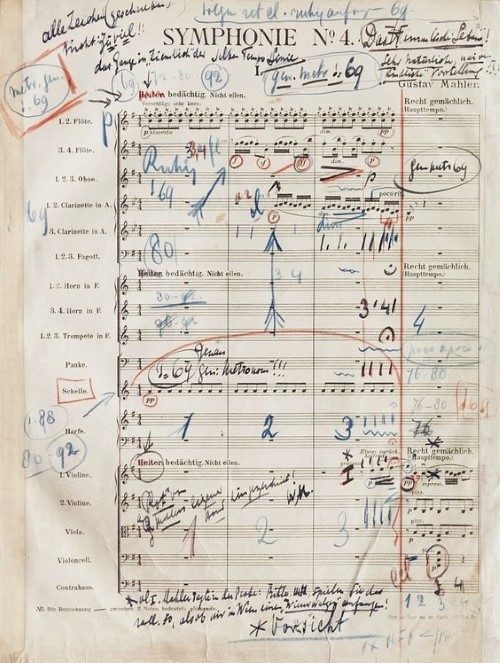Transcriptions lost (7 composers)
Johan Sebastian Bach (1685-1750) Cantate 19. Cantate 65. Cantata 78. Ludwig van Beethoven (1770-1827) Ouverture No. 2. Ouverture No. 3. Symphony No. 3. Anton Bruckner (1824-1896) Symphony No. 4. Wolfgang Amadeus Mozart (1756-1791) Symphony No. 40. Symphony No. 41. Figaros Hochzeit (1906) Vertaling/uitvoeringsversie. Robert Schumann (1810-1856) Symphony No. 2. Symphony No. 3. Richard Wagner (1813-1883) […]
Compositions lost (18)

Year 1866 Lied ‘Die Turken’. Year 1866 Polka for piano. Year 1878 01-06-1878 Quintet for strings and piano for his final examination is lost. Year 1878 01-06-1878 Opera ‘Herzog Ernst von Schwaben’. Year 1875 Songs to poems by Heinrich Heine (1797-1856). Year 1876 Nocturne for cello and piano. Year 1876 1876 Concert Jihlava 31-07-1876 – Sonata for violin and piano (Premiere, piano) […]
Compositions controversial (1)
Symfonisches Praeludium in c minor Symphonisches Praeludium in c minor »Rudolf Krzyzanowski cop. 1876« / »von Anton Bruckner« Anton Bruckner (1824-1896) three pupils: Heinrich Tschuppik (1890-1950) ——— Facsimile and Score, edited by Wolfgang Hiltl. Doblinger/Vienna, 2002; STP 704, ISMN 012-18981-7 (score on sale; orchestral parts on hire) The history of this ouverture-like symphonic movement in C-minor […]
Introduction Symphony No. 9
Symphony No. 9 by Gustav Mahler was written between 1908 and 1909, and was the last symphony he completed. Though the work is often described as being in the key of D major, the tonal scheme of the symphony as a whole is progressive. While the opening movement is in D major, the finale is […]
Introduction Symphony No. 8
Symphony in two parts for large orchestra, eight soloists, two mixed choirs and boys’choir. “Try to imagine the whole universe beginning to ring and resound. There are no longer human voices, but planets and suns revolving” (Gustav Mahler). Part I is based on the (sacred) Latin text of a 9th-century Christian hymn for Pentecost, Veni […]
Introduction Symphony No. 7

Gustav Mahler’s Symphony No. 7 was written in Year 1904 and Year 1905, with repeated revisions to the scoring. Although the symphony is often described as being in the key of E minor, its tonal scheme is more complicated. The symphony’s Movement 1: Langsam (Adagio) – Allegro risoluto, ma non troppo moves from B minor (introduction) to E […]
Introduction Symphony No. 6

The Symphony No. 6 in A minor by Gustav Mahler, sometimes referred to as the Tragische (“Tragic”), was composed between 1903 and 1904 (rev. 1906; scoring repeatedly revised). The work’s first performance was in Essen on 27-05-1906, and was conducted by the Gustav Mahler. The tragic, even nihilistic, ending of No. 6 has been seen as […]
Introduction Symphony No. 5
The Symphony No. 5 by Gustav Mahler was composed in 1901 and 1902, mostly during the summer months at Mahler’s cottage at Maiernigg. Among its most distinctive features are the trumpet solo that opens the work with the same rhythmic motive as used in the opening of Beethoven’s 5th symphony and the frequently performed Adagietto. […]
Introduction Symphony No. 4

The Symphony No. 4 in G major by Gustav Mahler was written in 1899 and 1900, though it incorporates a song originally written in 1892. The song, “Das himmlische Leben”, presents a child’s vision of Heaven. It is sung by a soprano in the work’s fourth and last movement. Although typically described as being in […]
Introduction Symphony No. 3
Symphony No. 3 by Gustav Mahler was written between 1893 and 1896. It is his longest piece and is the longest symphony in the standard repertoire, with a typical performance lasting around ninety to one hundred minutes. In its final form, the work has six movements, grouped into two Parts. The first movement alone, with a […]
